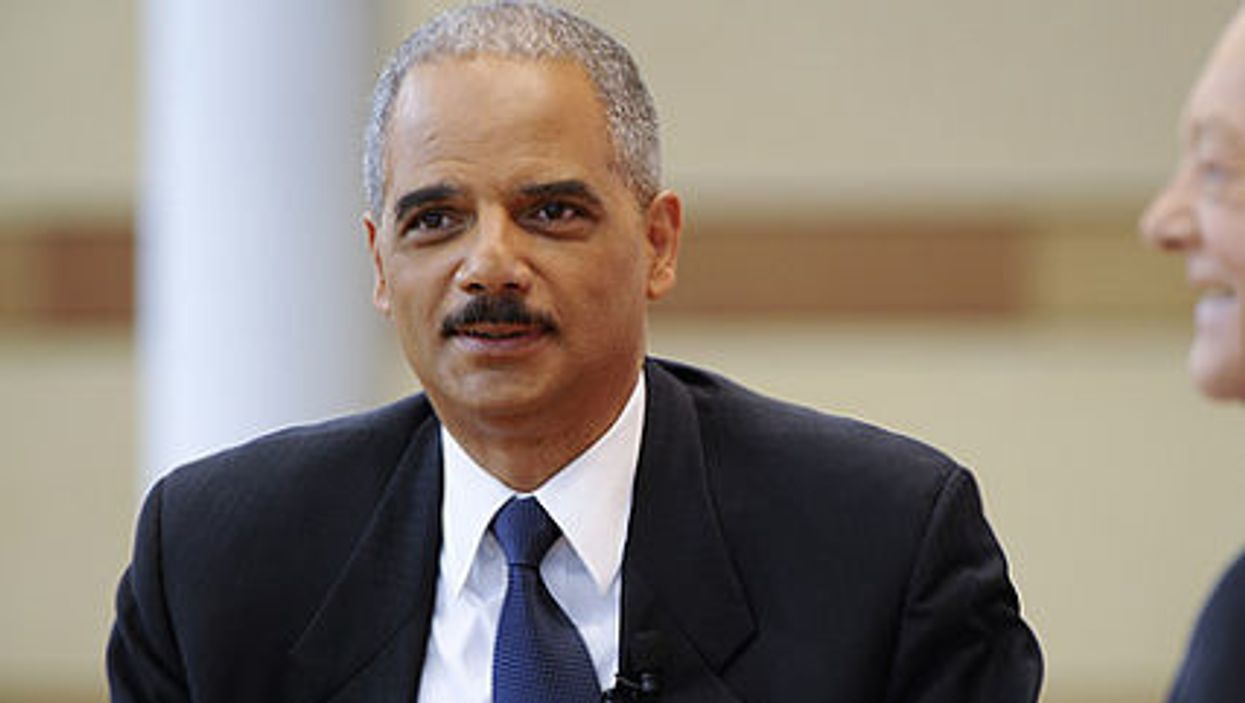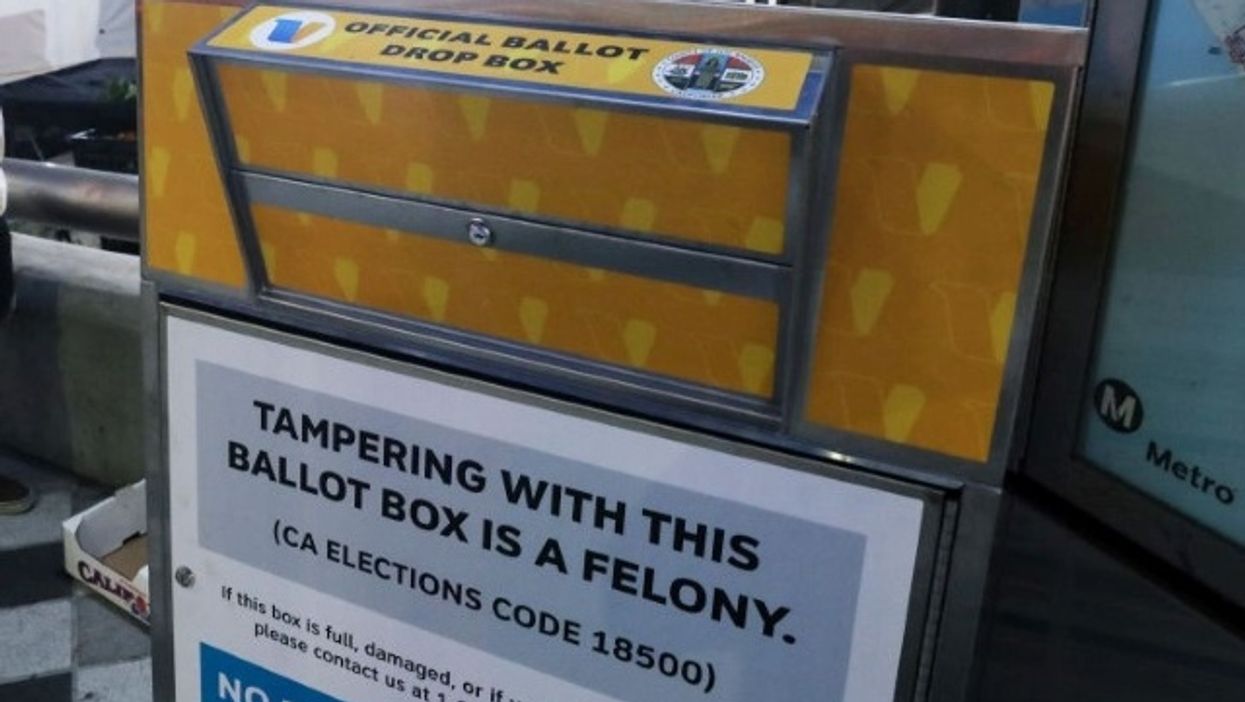Arson Hits Ballot Drop Boxes In Oregon And Washington
With little more than one week until Election Day, a ballot drop box in Vancouver, Washington was set on fire, destroying hundreds of ballots. And in nearby Portland, Oregon, a ballot drop box was also set on fire, but a fire suppressant minimized the loss—just three ballots were damaged. An elections analyst said Vancouver is a strong source of Democratic votes in that congressional district, where the race is seen as extremely tight.
“Vancouver is the biggest city in Washington’s Third Congressional District, the site of what is expected to be one of the closest U.S. House races in the country, between first-term Democratic Rep. Marie Gluesenkamp Perez and Republican challenger Joe Kent,” The Associated Press reports. “Clark County Auditor Greg Kimsey in Vancouver told The Associated Press that the ballot drop box at the Fisher’s Landing Transit Center … had a fire suppression system inside, but for some reason it wasn’t effective. Responders pulled a burning pile of ballots from inside the box, and Kimsey said hundreds were lost.”
“It’s a direct attack on democracy,” Kimsey told the AP, calling it, “heartbreaking.”
Washington state Secretary of State Steve Hobbs, a Democrat, suggested the fire was an act of terror and “said the state would not tolerate threats or acts of violence meant to derail voting.”
“I strongly denounce any acts of terror that aim to disrupt lawful and fair elections in Washington state,” Secretary Hobbs said.
Washington and Oregon are vote by mail states.
Professor of law and former U.S. Attorney Joyce Vance called it “utterly unacceptable & criminal behavior,” and said “the local US Attys will make this a top priority for prosecution. No 60 day rule for election violence.”
Rick Hasen, a professor of law and noted elections law expert added, “Lighting ballot boxes on fire in a federal election is a serious crime. It is going to need to be investigated and the perpetrators brought to justice in federal and state courts.”
Elections expert Trygve Olson, a senior advisor to The Lincoln Project, commented, “there is nothing less American than the idea you would do something like this to your fellow Americans. It is an insult to our founders, to those who made the ultimate sacrifice for the nation, and for those around the world who would give just about anything to have the right to vote.”
Talking Points Memo publisher Josh Marshall called for “a massive (FBI/brings in the Feds level) effort to find these culprits and severely punish them. For all the ways confidence and the reliability of our voting system has been damaged. Destruction of ballots takes things to a dramatic and unsustainable new level which tears at the fabric which still mostly ensures civic peace.”
FiveThirtyEight senior elections analyst says Vancouver, Washington “is the biggest source of Dem[ocratic] votes in WA-03 (which went about 50 percent - 46 percent for Trump overall). Vancouver has ~200k people and is the main city in Clark County, a county that provided about 70 percent of all WA-03 Dem votes in 2020.”
According to FiveThirtyEight’s poll tracking, the last two polls in that district were tied, 46 percent to 46 percent.
The FBI is investigating and working with local and state officials.
KATU photographer was able to capture video of the ballot box on fire in Vancouver, Washington.
Voters in Vancouver “who dropped off ballots at that location after 11 a.m. Saturday need to contact the Election Auditor’s Office IMMEDIATELY for a new ballot,” KATU reports. “A link to the Clark County Elections page, with contact information for the Auditor’s Office, can be found HERE. Washington voters can track the status of their ballots HERE.”
Watch the video below or at this link.
Reprinted with permission from Alternet.












